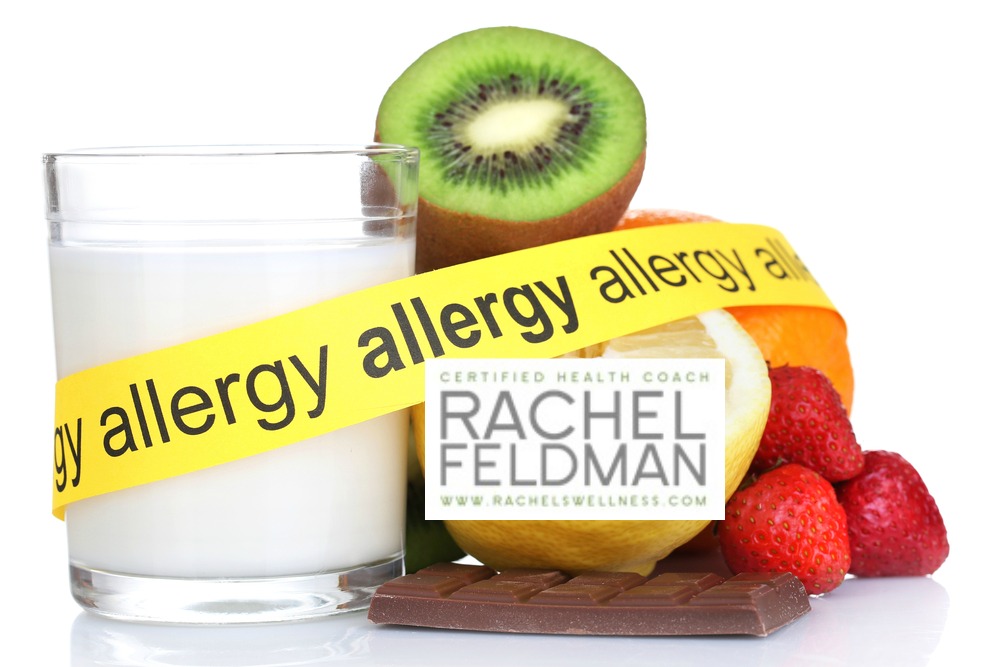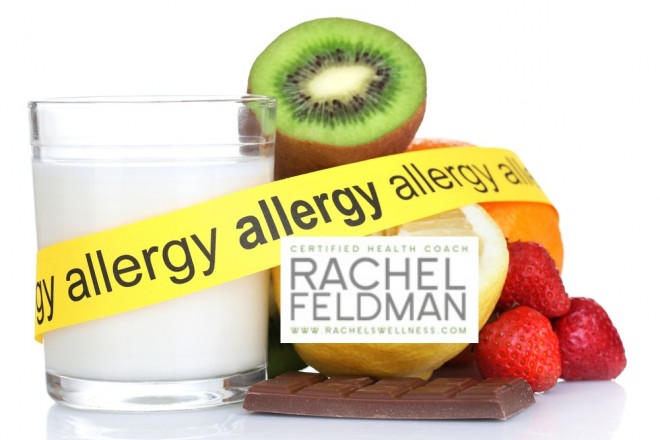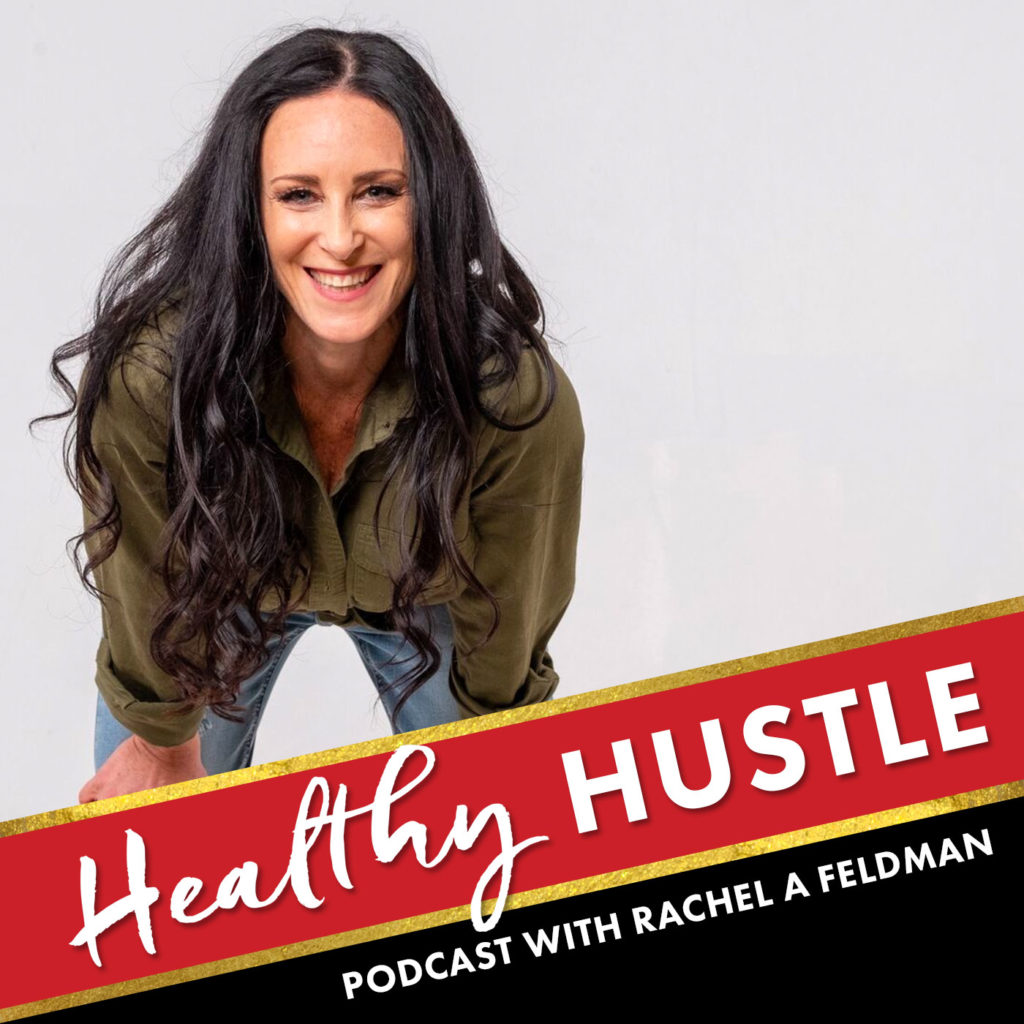I have dealt with every digestive disorder known to man. I will never forget going in an out of doctors offices, when I was really sick (dealing with hormonal, heavy metal toxicity, candida, parasites and food allergies galore), taking test after test hoping for somebody to tell me I had X problem. Instead, I had a host of problems and they all stemmed from Leaky Gut. Let me say this in simple terms… the digestive tract gets damaged. The intestinal lining gets little holes, where food, toxins and particles are leaked out into the blood stream creating a cascade of inflammation.
Once these particles, foods, toxins are leaked out into your system, your immune system fights back.
This may result in:
- rashes and food allergies
- poor sleep
- bloating
- constipation
- loose stools
- hormonal imbalances
- liver toxicity
- candida
- sensitive to smells
- weight gain
- and more….
My leaky gut has turned into a leaky Autoimmune, where my own body was attacking itself from the inside out. I had to get serious about eliminating foods, toxins (make up, lotions, household products) to reduce the toxins in my body.
Did you know that it ONLY take 30 seconds for your skin to absorb a toxin and it goes right into your bloodstream?
I ditched a lot of toxic makeup.
I ditched a lot of cleaning products that were toxic.
I made sure I was NOT eating toxins (the biggie – so I looked at the Dirty Dozen).
I did an elimination diet to make sure the foods I was eating, although healthy, were right for my body. I cannot tell how you how many foods I was intolerant to and did not even know it like almond, flax seeds and even sunflower seeds.
I did this elimination diet (yep, the one I did for myself I now share with my own clients)
Food Allergies can be prevented when you begin to ditch the toxins and uncover the hidden food intolerances. 
Meet The Dirty Dozen Packaged and processed foods get many a family through the day. They are convenient and portable, and they stay fresh for a long time (thanks to all those preservatives). The additives put into processed foods to make them look and taste better include unhealthy amounts of salt, fat and sugar – and those are the ones you can pronounce. These additives, however, have a price that may include side effects, food allergies, increased waistlines, decreased absorption of minerals and vitamins, cancer and more.
Below is a list of the 12 most pervasive and detrimental food additives and substances you can eat, in no particular order.
1. Artificial Sweeteners: Artificial sweeteners are a combination of chemicals that exist to make our foods sweeter without the calories of sugar. Most artificial sweeteners have side effects, and their chemical breakdown in the body can be toxic. In addition, in combination with other food additives like artificial colors, artificial sweeteners can have a much more potent effect on nerve cells.Artificial sweeteners link to over 90 side effects.
2. Refined Sugar: People in the US consume 150 to 175 pounds of sugar per year. In other words, people are consuming half a cup of sugar a day and most aren’t even aware of it. Due to its insidious nature and the fact that it can be found in virtually all processed foods, unless they say “sugar-free,” we subsist on sugar. High consumption of sugar and the corresponding elevated insulin levels can cause weight gain, bloating, fatigue, arthritis, migraines, lowered immune function, obesity, cavities and cardiovascular disease. It can also disrupt absorption of nutrients, possibly leading to osteoporosis, depression, PMS symptoms and stress.
3. Monosodium Glutamate (MSG): MSG is an exotoxin used to bring out the flavor in foods. Exotoxins are toxins that bind to certain receptors (e.g., certain glutamate receptors). According to Dr. Russell Blaylock, an author and neurosurgeon, exotoxins can cause sensitive neurons to die. Many people experience a host of other side effects like headaches, itchy skin, dizziness and respiratory, digestive, circulatory and coronary concerns.
4. Artificial Colors: Artificial colors are synthetic chemicals that do not occur in nature. Most are derived from coal tar and can contain up to 10 parts per million of lead and arsenic and still be generally recognized as safe by the FDA. Artificial colors can cause allergic reactions and hyperactivity and ADD in children, and may contribute to visual and learning disorders or cause nerve damage.
5. BHA and BHT: BHA and BHT block the process of oil rancidity. These additives seem to affect sleep and appetite, and have been associated with liver and kidney damage, hair loss, behavioral problems, cancer, fetal abnormalities and growth retardation.
6. Sodium Nitrate and Nitrite: Sodium nitrate and nitrite are preservatives that are added to processed meat products. These compounds transform into cancer-causing agents called nirosamines in the stomach. Noticeable side effects include headaches, nausea, vomiting and dizziness.
7. Caffeine: Caffeine is an addictive stimulant found in soft drinks, gum, diet pills and pain relievers; it naturally occurs in coffee, cocoa and tea. Caffeine causes calcium to be excreted from the bones, which can lead to osteoporosis and increase infertility.
8. Olestra (Olean): Olestra is a calorie-free fat substitute used as an ingredient in snacks and chips. Olestra inhibits the absorption of some vitamins and other nutrients. It can also cause diarrhea and anal leakage.
9. Brominated Vegetable Oil (BVO): Brominated vegetable oil is used to keep flavor oils in soft drinks in suspension. When consumed, it is stored in fat and over time can accumulate. This additive can lead to reproductive interference and birth defects. It has been banned in 100 countries.
10. Partially Hydrogenated Vegetable Oil: Partially hydrogenated vegetable oil is made by reacting vegetable oil with hydrogen. When this occurs, the level of polyunsaturated oils (good fat) is reduced and trans fats are created. They are associated with heart disease, breast and colon cancer, atherosclerosis and elevated cholesterol.
11. Pesticides: Every year more than two billion pounds of pesticides are added to our food supply. That’s about 10 pounds per person per year. Many of the pesticides used throughout the world are carcinogenic. Pesticide accumulation also undermines our ability to resist infectious organisms, may impair fertility and contributes to miscarriages and birth defects.
12. Genetically Modified Organisms (GMOs): GMOs are plants or animals that have had their DNA modified. In the US, the majority of the corn, soybean, cotton and canola crops are now genetically modified, and one or more of these can be found in nearly every processed food. GMOs have not been proven to be safe and some studies show GMO’s may decrease immunity to diseases in plants as well as humans, may cause residence to antibiotics and may have a negative impact on genetic function. Plants that are genetically modified to be resistant to disease, pesticides and insecticides could diminish the need to use these strong chemicals, or adversely, may build up a resistance and therefore require even larger amounts of chemicals than before. It is still too soon to tell: there is no long-term supporting evidence at this time.
If you can do one thing today for yourself, take a look in your home and see where toxins may be taking about from your health and happiness – and especially leading to food allergies.
To contact me about the Fall Detox & Cleanse (the elimination diet) or a session to get clear on your health goals, just fill out the contact me form on my website.
XO,
Rachel Feldman
P.S. Ditch the toxic make up.  Excerpted from a post in the January 2008 issue fooddemocracy.com by Kelly Scotti, and supplemented with information by the Center for Science in the Public Interest http://www.cspinet.org/reports/chemcuisine.htm
Excerpted from a post in the January 2008 issue fooddemocracy.com by Kelly Scotti, and supplemented with information by the Center for Science in the Public Interest http://www.cspinet.org/reports/chemcuisine.htm












